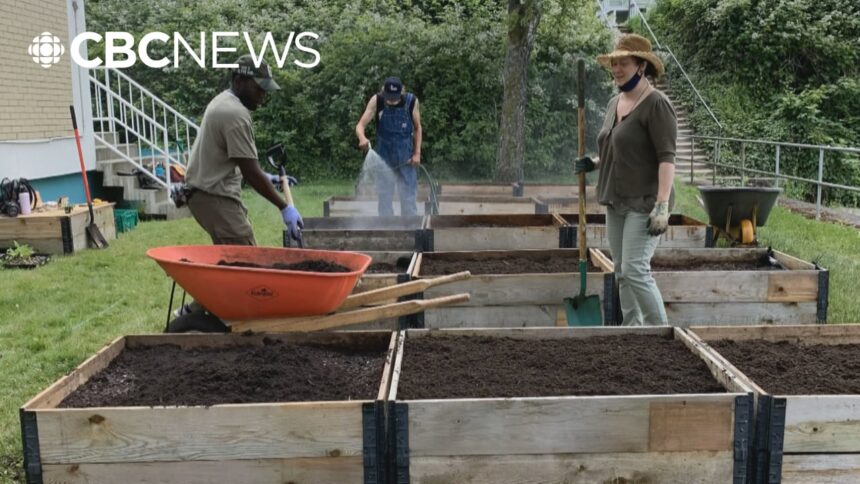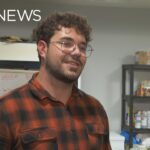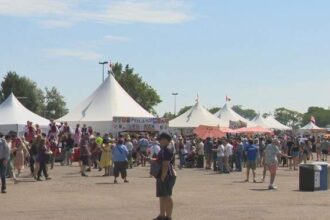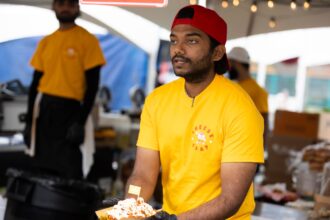In the shadow of Vancouver’s gleaming skyscrapers and beneath the carefully manicured parks lies a history rarely told in tourism brochures. Last weekend, I joined the Afro-Indigenous History Walking Tour of Vancouver—an experience that fundamentally reshapes our understanding of the city’s foundations and the communities that built it long before it became the metropolis we recognize today.
The tour, which winds through areas once home to thriving Black and Indigenous agricultural communities, offers more than just historical facts. It presents a narrative of resilience, innovation, and cultural exchange that has been systematically erased from our collective memory.
“What strikes most participants is how completely this history has been obscured,” explains tour guide Kamila Patterson, whose ancestors were among the early Black settlers who farmed these lands. “People walk these streets every day without realizing they’re treading on ground that once supported sustainable farming practices that predated modern urban planning by centuries.”
The walking route takes visitors through neighborhoods where Afro-Indigenous families established farms in the late 19th century, cultivating crops using techniques that merged African agricultural traditions with Indigenous knowledge of local ecosystems. These farmers created self-sufficient communities that thrived on cooperation rather than competition—a stark contrast to the colonial settlements developing around them.
What makes this history particularly significant is how it challenges the dominant narrative of Vancouver’s development. We’ve long been taught that the city emerged primarily from European settlement, but the tour presents compelling evidence of a more complex and multicultural foundation. Archaeological findings, historical documents, and oral histories preserved by descendants all point to the substantial contributions of Black and Indigenous farmers.
The erasure of this history wasn’t accidental. As Vancouver expanded, these farming communities were systematically displaced through discriminatory policies, economic pressures, and sometimes outright land seizures. The tour doesn’t shy away from these uncomfortable truths, instead presenting them as essential context for understanding present-day inequities in land ownership and food security.
What makes the experience particularly powerful is how it connects historical patterns to contemporary challenges. As we stood on land once cultivated by Afro-Indigenous farmers, our guide pointed out the irony of modern “urban farming” movements that often fail to acknowledge or credit these historical precedents. The tour makes a compelling case that today’s conversations about food sovereignty and sustainable agriculture would benefit from recognizing these erased traditions.
The walking tour has gained popularity among educators, policy makers, and citizens interested in understanding Vancouver’s true origins. Each stop features multimedia presentations, including historical photographs and recordings of descendants sharing family stories. These personal connections transform abstract history into something immediate and affecting.
For many participants, the most impactful moment comes when standing at the former site of a thriving Afro-Indigenous market that once served as a community hub. Today, it’s an unremarkable intersection with no historical marker—a physical manifestation of how thoroughly this history has been paved over.
“We’re not just reclaiming history,” says Patterson. “We’re reclaiming the possibility of different futures based on agricultural practices and community models that worked sustainably for generations.”
The tour raises profound questions about whose stories get preserved in our urban landscapes and who benefits from historical amnesia. As cities across North America grapple with questions of equity, sustainability, and reconciliation, initiatives like Vancouver’s Afro-Indigenous History Walking Tour offer valuable templates for confronting uncomfortable truths while celebrating overlooked legacies.
In an era when debates about representation and historical acknowledgment often generate more heat than light, this tour offers something different—a thoughtful engagement with complex history that invites participants to see familiar streets through new eyes. It challenges us to consider: what other histories might we be walking over every day without knowing, and what would our cities look like if we recovered and honored these erased narratives?
For those interested in discovering the multicultural roots of Vancouver that tourism campaigns rarely highlight, this walking tour offers not just education but transformation—a rare opportunity to see beyond the city’s polished surface and into its diverse soul.










